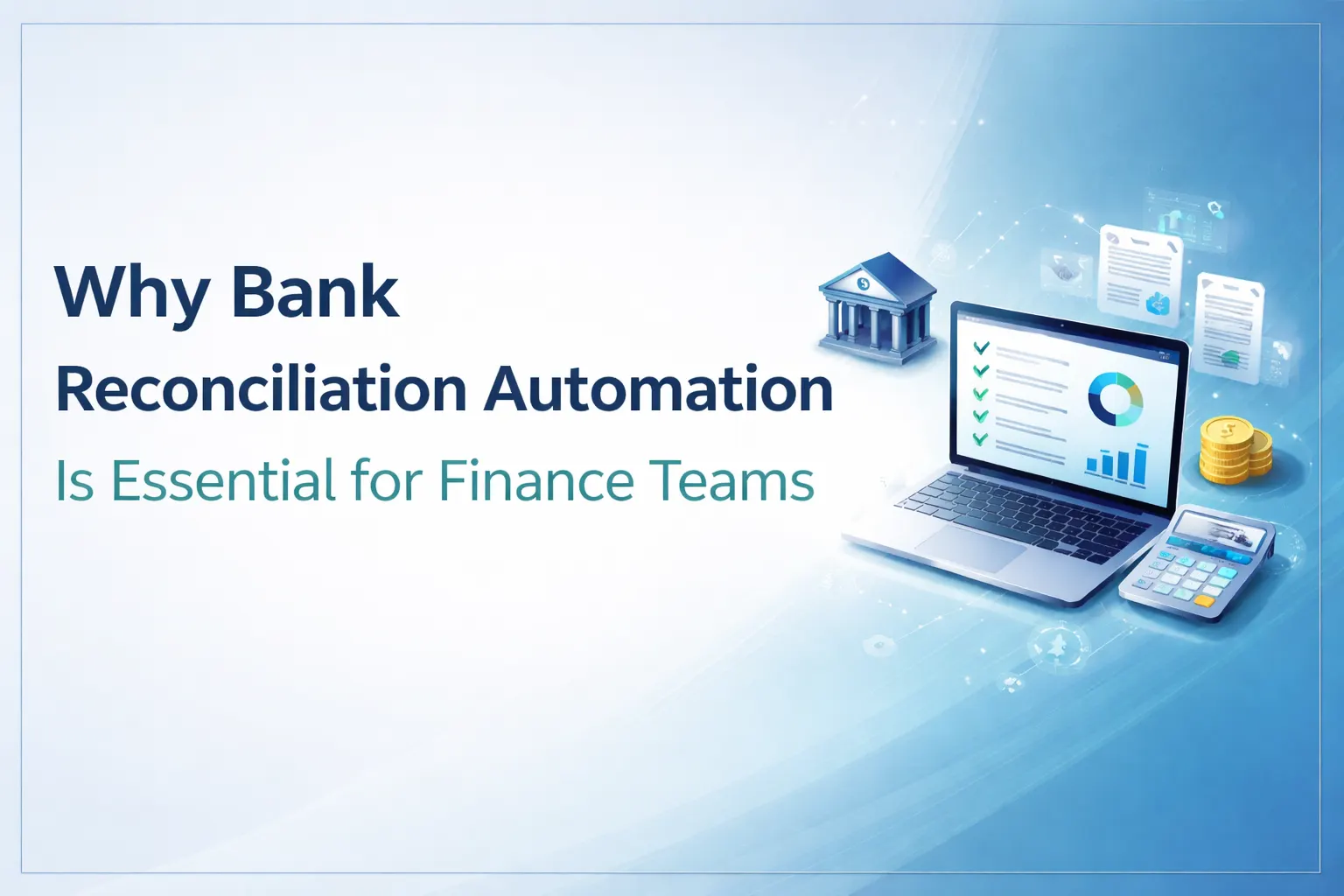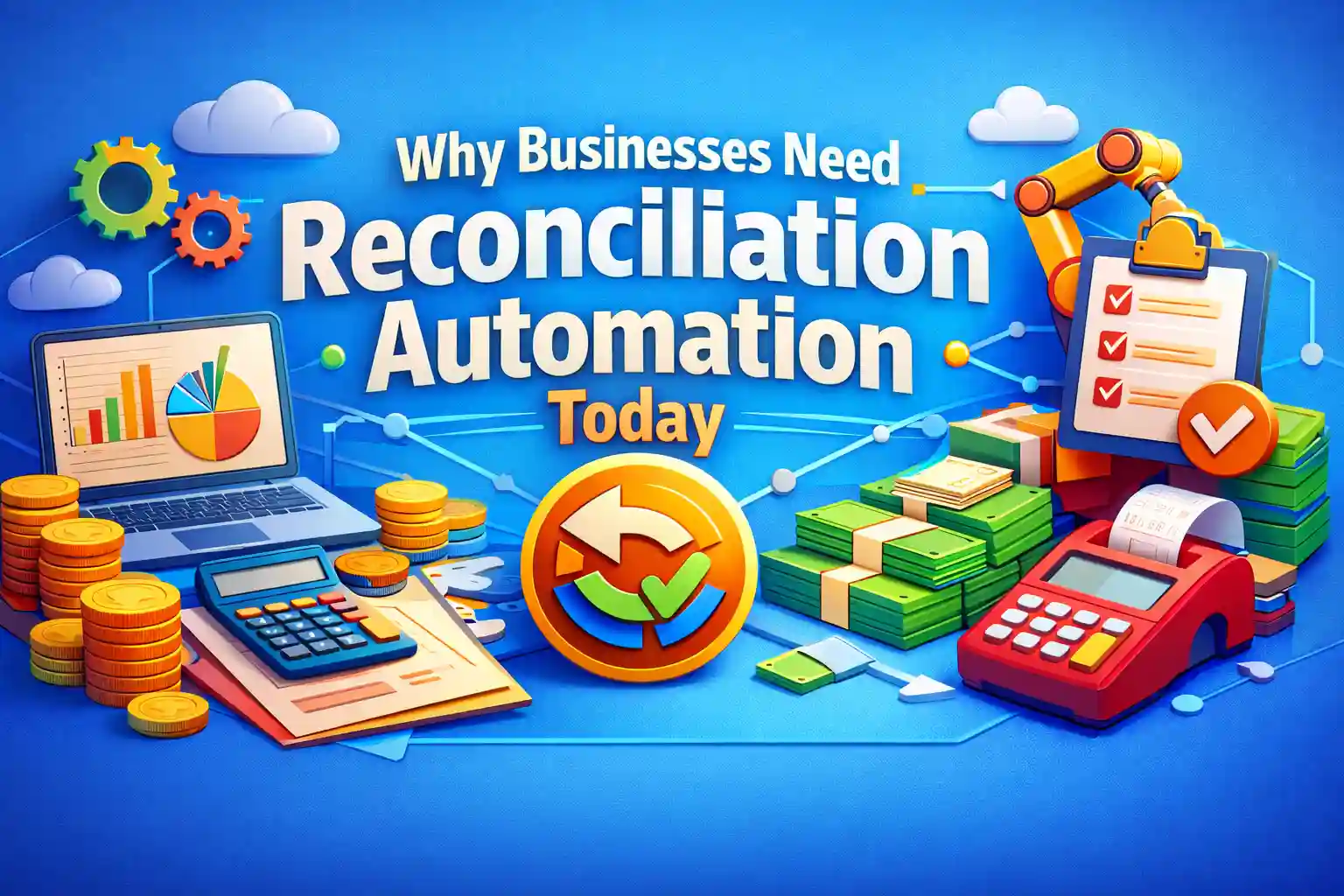The Evolution of Payment Gateways: How Automation is Simplifying Global Transactions
Today, over 80% of U.S. purchases are made without cash. This makes the evolution of payment gateways very important. The world of ecommerce is changing fast, with online payments expected to grow by more than 15% from 2020 to 2025.
Businesses are adapting to this cashless world by using automation in global transactions. This makes payment processing faster and more secure.
This article looks at how payment gateways help with secure and efficient digital transactions across borders. With 55% of consumers seeing security as key, the need for good payment gateways is clear. We'll see how automation makes these processes easier, helping businesses grow globally while keeping data safe.

Understanding Payment Gateways
Payment gateways are key in handling online transactions. They make sure payments are safe for both buyers and sellers. They also help with payments across different countries, using various currencies and payment options. Knowing how they work is important for businesses to improve their payment systems.
Definition and Functionality of Payment Gateways
A payment gateway is a digital tool that moves payment info from the buyer to the bank. It's like a middleman that checks if online card payments are okay. It uses strong security like encryption to keep payment details safe.
It also uses smart tech to spot and stop any shady activities. This makes sure your money is safe when you shop online.
Types of Payment Gateways Available
There are many types of payment gateways for different business needs. Each one has its own role in making transactions smooth. Here are some common ones:
- Hosted Payment Gateways: Customers go to a secure page hosted by the payment gateway. This keeps the transaction safe.
- Self-Hosted Payment Gateways: Transactions happen right on the merchant's website. This keeps the shopping experience smooth and consistent.
- API-Based Payment Gateways: These offer a lot of flexibility and integration. Businesses can create their own checkout experiences.
- Mobile Payment Gateways: These are for mobile shopping. They make the shopping experience better for smartphone users.
As online shopping grows, it's crucial for businesses to know about different payment gateways. This helps them stay up-to-date and keep customers happy.
The Importance of Automation in Payment Processing
Automation in payment processing is key to making operations smoother and cutting down on mistakes. By using automated payment solutions, companies can greatly improve their payment systems. This change from manual to automated processes boosts capacity, as seen in Ethos's move from handling 800 bills a month to over 8,000.
This shows how automated payments help businesses grow efficiently.
Reducing Manual Errors
Manual entry of data often causes errors that can mess up payment processes. Automation uses advanced tech like optical character recognition (OCR) to automatically read and code invoices. Before going automated, companies faced slow processing and many errors.
With automation, bill coding and invoice matching get much more accurate. This leads to better relationships with vendors, thanks to consistent and reliable payments.
Enhancing Operational Efficiency
Automated payment solutions save businesses a lot of time. For example, they can save up to 80 hours a month on approval and payment processing. Automation makes tasks like vendor onboarding and reconciliation easier, letting companies focus on their main work.
By making global payments smoother, businesses improve cash flow and speed up transactions. This efficiency helps in making better decisions with real-time financial data analysis and forecasting.
Evolution of Payment Gateways
Payment gateways have changed a lot over the years. They now meet the needs of businesses and customers better. These changes show how payment gateways have evolved. Today, they are more than just ways to process payments. They are automated systems that make online transactions safer and easier for small businesses.
A Brief History of Payment Gateways
Payment gateways started as simple tools for online shopping. As more businesses went digital, they added features like security measures. This was to fight fraud and keep transactions safe.
Companies like PayPal and Stripe made payment solutions more popular. They made these solutions easy to use and secure.
The Role of Technology in Payment Gateways Today
Technology is key in today's payment gateways. Automation and machine learning make payments easier. They help spot fraud and make transactions smoother.
Now, payment gateways do more than just process payments. They offer data analysis, help with rules, and make sure everything is correct. They support many payment types and currencies, helping small businesses work globally.

Key Benefits of Automated Payment Gateways
Automated payment gateways bring many benefits to businesses. They make transactions smooth and efficient. This leads to better customer experiences and helps businesses grow.
Improved Customer Experience
Automated payment gateways make checkout faster. This makes customers happy and more likely to return. It also helps businesses grow their customer base.
Faster Transaction Times
Fast transactions are key for smooth cash flow. Automated systems speed up processing. This gives businesses a competitive edge in the digital payments market.
Enhanced Security Features
With more digital transactions, security is crucial. Automated payment gateways use advanced fraud detection. This keeps data safe and helps businesses follow rules.
Payment Gateway Trends to Watch
The world of payment gateways is changing fast. New trends are shaping how we make financial transactions. These changes reflect what consumers want and the latest tech, pushing businesses to update their payment methods.
Mobile Payments and Contactless Transactions
Mobile payments are growing fast. In 2022, over 80% of US transactions will be digital. Businesses need to offer mobile-friendly options to keep up.
People like contactless payments because they're quick and easy. This trend is making mobile payments more popular. The mobile payments market is expected to grow from $53.5 billion in 2022 to $607.9 billion by 2030.
Integration of AI and Machine Learning Technologies
AI and machine learning are changing payment gateways. They improve security and catch fraud better. This is key in a world where hackers are a big threat.
AI also helps make customer experiences more personal. It lets businesses offer services that fit what each user likes. As transactions grow, using these technologies is crucial for staying ahead.
Challenges in Adopting Automated Payment Solutions
Automated payment solutions bring many benefits, but they also face challenges. Keeping customer data safe is a big concern. Any data breach can hurt trust and cost a lot of money.
The digital payments market is expected to grow to 11.53 trillion USD by 2024. This shows the need for secure payment systems. Businesses must use strong security like encryption and two-factor authentication to protect data.
Data Security Concerns
Data security is a major hurdle for automated payment solutions. Payment providers must stay alert to cyber threats. They need to use new security methods like biometric authentication and fraud detection algorithms.
Working with law enforcement can help track and stop fraudsters. This makes it harder for them to operate.
Compliance with International Financial Regulations
Following international financial rules is hard for automated payment solutions. Businesses must understand different laws to meet all requirements. The lack of system compatibility makes cross-border transactions tricky.
Using open APIs and standards like ISO 20022 can help. Blockchain technology also makes cross-border payments safer and cheaper.
Also Read: Top 7 Challenges in Financial Reconciliation and How Automation Solves Them

Choosing the Right Payment Gateway for Your Business
Finding the right payment gateway is key for smooth transactions. You need to look at costs and fees, and what currencies and payment methods it supports. This ensures you meet customer needs and stay profitable.
Evaluating Costs and Fees
When searching for an international payment gateway, compare costs and fees. Important factors include:
- Setup Fees: Initial costs to start the service.
- Transaction Fees: Fees per transaction, like Paytabs' 2.85% + $0.27 for over $2,000.
- Monthly Fees: Ongoing costs that vary a lot.
Knowing these costs helps pick a gateway that's affordable yet offers needed features.
Assessing Currency and Payment Method Support
It's also crucial to check the gateway's currency and payment method support. A good gateway should offer many payment methods and support various currencies. For example:
- Cybersource supports over 50 currencies and works in more than 160 countries.
- Flywire helps clients with different payment methods in 240 countries and territories.
Supporting many currencies and having low conversion fees improves customer experience and boosts sales.
Examples of Leading Payment Gateways in the Market
Many payment gateways lead the market, each with special features for different business needs. PayPal and Stripe are top examples. They offer fraud protection, accept many currencies, and help improve customer service and operations.
Overview of Popular Payment Gateways
Looking at top payment gateways, their capabilities are key. Orbital Gateway, for example, ranked No. 1 in a report by The Strawhecker Group. It makes transactions smooth and has features like Managed Billing for recurring payments. It also has a Virtual Terminal for managing payments.
But, prices vary a lot. Fees can be from $25 to $50 a month, based on what you get.
Comparison of Features and Pricing
When comparing payment gateways, look at more than just monthly fees. Transaction fees are usually around 2.9% plus 30 cents. Also, consider extra fees like chargeback costs and any hidden charges.
It's important to see how each gateway works with your software, supports different payment types, and meets security standards. This helps you choose the best fit for your business and customers.
Also Read: How to Optimize Treasury Operations with Automated Cash Management Techniques
FAQs
Q: What is a payment gateway?
A payment gateway is a digital platform. It helps with secure online transactions. It connects consumers and merchants, making it easier for businesses to sell globally.
Q: How do payment gateways enhance global transactions?
Payment gateways make global transactions better by handling different currencies. They also support many payment methods and follow rules, making it easier for everyone.
Q: What types of payment gateways are available?
There are several types of payment gateways. You can choose from hosted, self-hosted, API-based, and mobile gateways. Each type meets different business needs.
Q: What are the benefits of using automated payment solutions?
Automated payment solutions cut down on errors and make things faster. They help with cash flow and give customers a better experience.
Q: How has the evolution of payment gateways impacted businesses?
Payment gateways have gotten better over time. They now process transactions faster and more securely. This helps businesses work more efficiently.
Q: What trends are currently influencing the payment gateway industry?
New trends include mobile payments and contactless transactions. Also, AI and machine learning are being used to make payments safer and better for customers.
Q: What challenges do businesses face when adopting automated payment solutions?
Businesses worry about data security and following international rules. They also need strong security when using automated payments.
Q: How can businesses choose the right payment gateway?
Businesses should look at costs, currency and payment support, and feature compatibility. This helps find the best payment gateway for their needs.
Contact us now


.webp)







